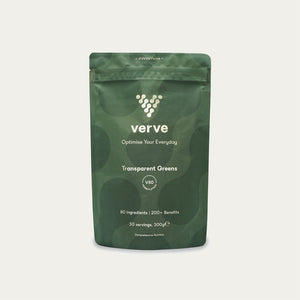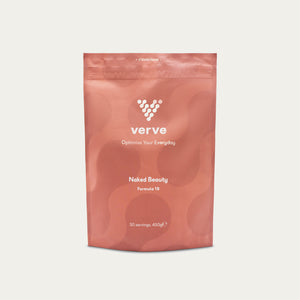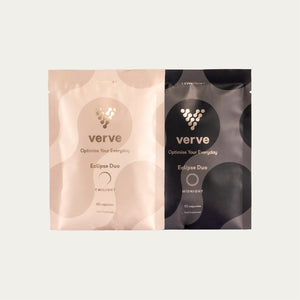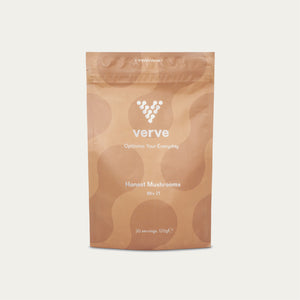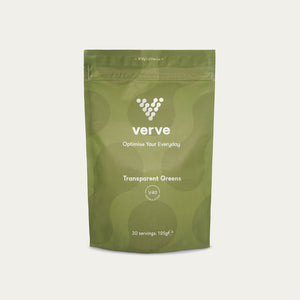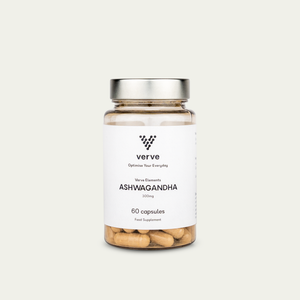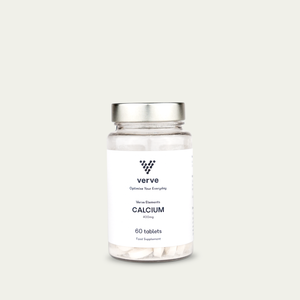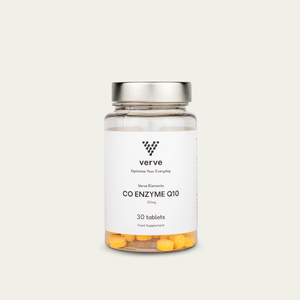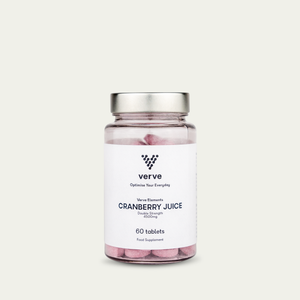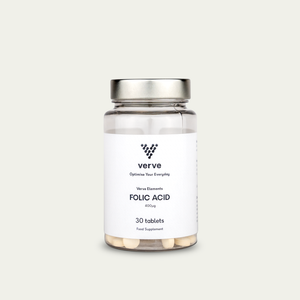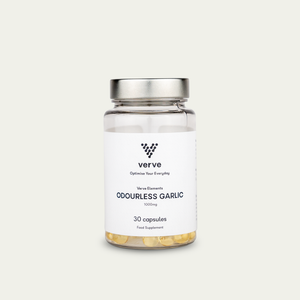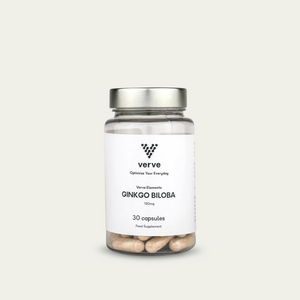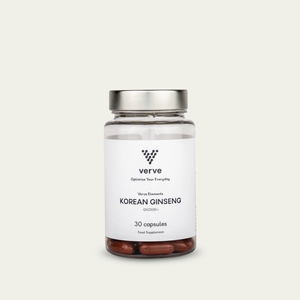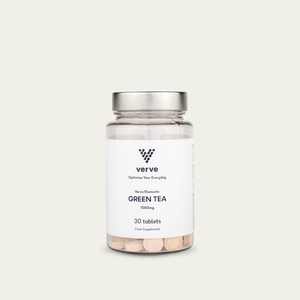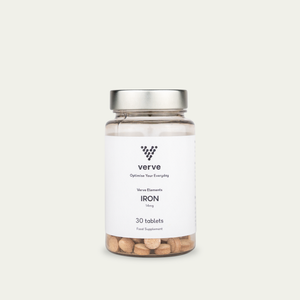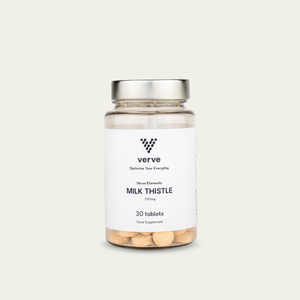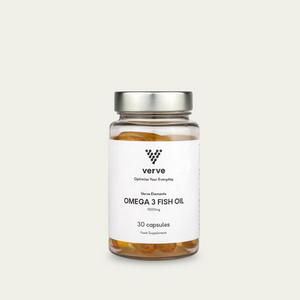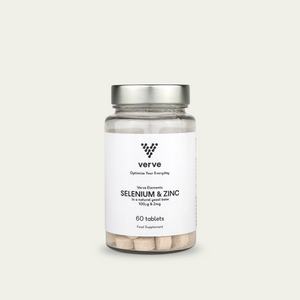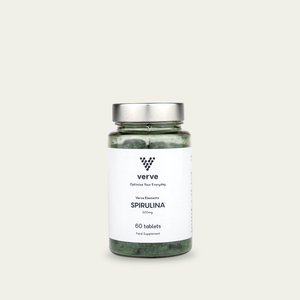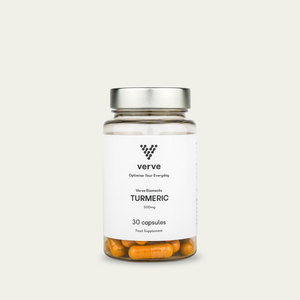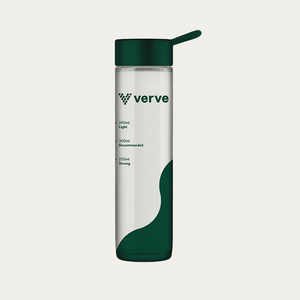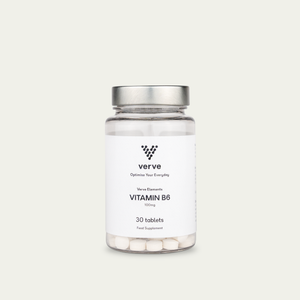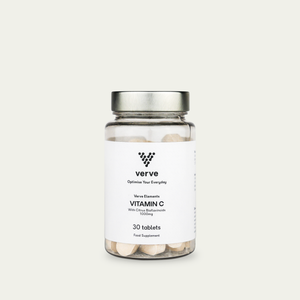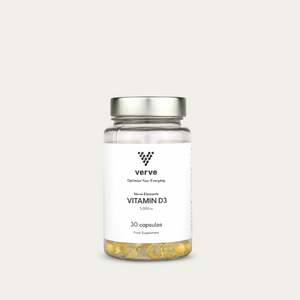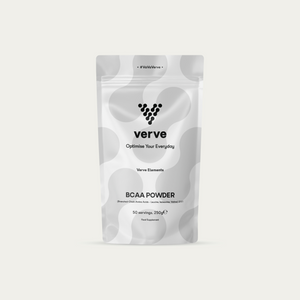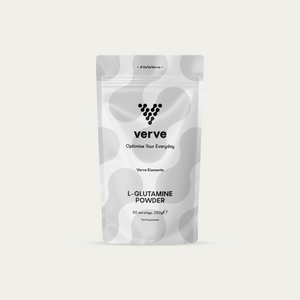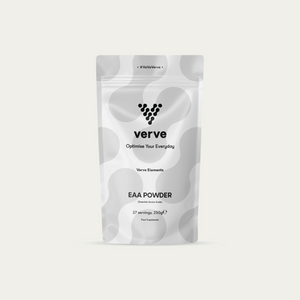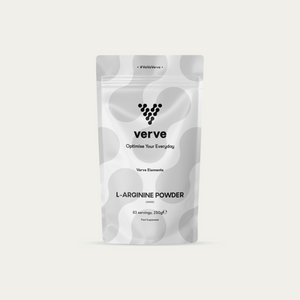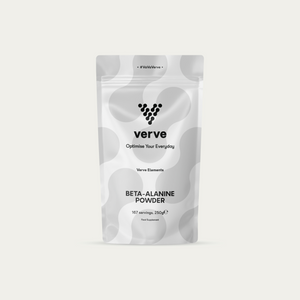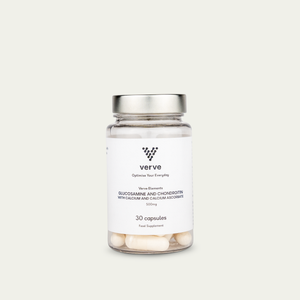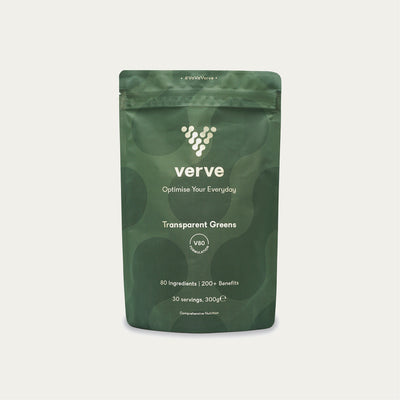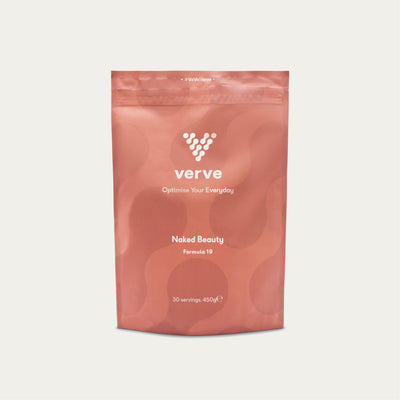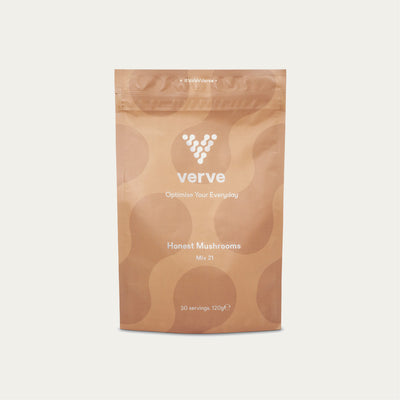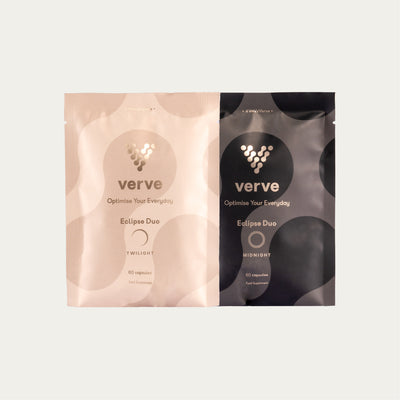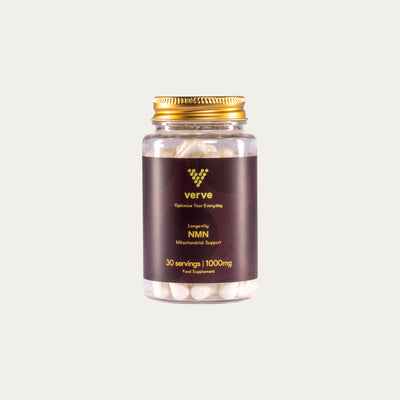1. Fermented Foods
Fermented foods are culinary gems that have been cherished by cultures around the world for their health benefits and unique flavors.
They are a treasure trove of probiotics, which are live microorganisms that confer a health benefit to the host when administered in adequate amounts. Yogurt, for instance, is not only a creamy delight but also a source of Lactobacillus, a friendly bacterium that aids in lactose digestion and can help alleviate the symptoms of irritable bowel syndrome. Kefir, a tangy fermented milk drink, contains a diverse community of microorganisms that can colonise the gut and enhance the immune response.
Sauerkraut, fermented cabbage, is another probiotic-rich food. Its lactic acid bacteria can help improve gut health and may even have anti-carcinogenic properties. Kimchi, the spicy Korean cousin of sauerkraut, is full of probiotics, vitamins, and antioxidants.
2. High-Fibre Vegetables
The green giants of gut health, vegetables like broccoli, kale, and spinach, are packed with nutrients and are an excellent source of fibre. Fibre acts like a broom, sweeping through the digestive tract and aiding in the elimination of waste. It's essential for preventing constipation and maintaining a healthy bowel. Broccoli, revered for its cancer-fighting properties, is also a source of glucosinolates, compounds that may help protect the gut lining.
Kale, the poster child of superfoods, is rich in vitamins K, A, and C, as well as antioxidants that can reduce inflammation in the digestive tract. Spinach, the leafy green made famous by Popeye, is not only iron-rich but is also loaded with magnesium, a mineral that can help with bowel regularity.
3. Prebiotic-Rich Foods
Prebiotics are the fuel that feeds the good bacteria within your gut. Garlic, onions, and leeks are some of the richest sources of prebiotics, containing high amounts of inulin and fructooligosaccharides (FOS). These compounds help stimulate the growth of beneficial microbes, such as Bifidobacteria and Lactobacillus, which are integral for maintaining gut health. Garlic also possesses antimicrobial and antifungal properties, which can keep harmful bacteria at bay.
Onions, with their layers of health benefits, contain quercetin, an antioxidant that can help fight inflammation and support the digestive system. Leeks, often underappreciated, are a fantastic source of vitamin K and manganese and provide a milder taste for those who find onions overpowering.
4. Whole Grains
Whole grains are a cornerstone of a gut-friendly diet. They're not just a source of fibre; they're also rich in B vitamins and essential minerals like iron, magnesium, and selenium. Oats are a versatile grain that contains a unique type of fibre called beta-glucan, which has been shown to help lower cholesterol levels and promote the growth of good bacteria in the colon.
Quinoa, a gluten-free pseudocereal, is packed with protein and all nine essential amino acids, making it a complete protein source. Its fibre content can help manage blood sugar levels and support regular bowel movements.
5. Nuts and Seeds
Nuts and seeds are powerhouses of nutrition in tiny packages. They are excellent sources of healthy fats, proteins, vitamins, minerals, and fibre, all of which are essential for proper digestion. Almonds, for example, not only provide a satisfying crunch but also contain prebiotic properties that can help improve gut health.
Flaxseeds and chia are particularly high in omega-3 fatty acids, which can help reduce inflammation in the body, including the digestive system. They also contain soluble fibre, which can absorb water and help form softer stools, aiding in easier bowel movements.
6. Antioxidant-Rich Berries
Berries are delightful powerhouses of nutrients and antioxidants. They are packed with vitamins, minerals, and fibres that can help nourish your gut flora and protect your digestive lining. Blueberries, strawberries, raspberries, and blackberries are rich in compounds such as anthocyanins, which have been shown to have anti-inflammatory properties and may help manage and prevent gastrointestinal disorders.
The high fibre content in berries can help regulate bowel movements and prevent constipation. They also contribute to the maintenance of a balanced gut microbiome, which is crucial for effective digestion and a robust immune system. Adding a mix of berries to your diet is not only a treat for your taste buds but also a boon for your gut health.
7. Alfalfa Sprouts
Alfalfa sprouts are a crunchy, nutritious addition to any meal. They are high in enzymes that improve digestion and help your body absorb nutrients more efficiently. These little sprouts are also brimming with vitamins like vitamin K, which plays a role in bone health and blood clotting, and minerals such as calcium, potassium, and iron.
Additionally, alfalfa sprouts contain saponins, compounds that may have immune-boosting and cholesterol-lowering effects. Their high enzyme content can aid in breaking down food and make the digestive process smoother, preventing issues such as bloating and gas.
8. Mushrooms
Mushrooms have been used for centuries in traditional medicine for their health-enhancing properties. Reishi, also known as the "mushroom of immortality," can boost the immune system and may have beneficial effects on gut health. Shiitake mushrooms are not only delicious but also contain lentinan, a polysaccharide that can boost the immune response and promote gut health.
Both reishi and shiitake mushrooms are believed to have prebiotic effects, helping to nourish and increase the good bacteria in the gut. They are also a source of vitamins, minerals, and antioxidants that can help protect the digestive system from oxidative stress and inflammation.
9. Barley Grass
Barley grass is young barley plant leaves, often consumed as a juice or powdered supplement. It's a nutrient-dense food that can support gut health thanks to its high soluble fibre content, particularly beta-glucans. These fibres can help to nourish the good bacteria in your gut, maintain healthy blood sugar levels, and support regular bowel movements.
Barley grass is also a great source of vitamins, such as vitamin C, and minerals like iron and calcium. Additionally, its chlorophyll content may help with detoxification processes in the body, and its antioxidant properties can reduce oxidative stress, protecting the gut lining.
10. Chlorella
Chlorella is a type of green algae that has earned its reputation as a detoxifier. It's rich in chlorophyll, the pigment that gives plants their green color and is known for its ability to bind to heavy metals, potentially aiding in their removal from the body. This detoxifying effect can benefit the gut by reducing the toxic load and promoting a clean and efficient digestive system.
Chlorella is a complete protein, containing all nine essential amino acids. It's also a source of vitamin B12, rare in plant-based foods, making it a valuable nutrient for vegetarians and vegans.
11 .Inulin
Inulin is a soluble fibre found naturally in many plants. It's considered a prebiotic because it's indigestible by the human body but can be fermented by the beneficial bacteria in the gut. This fermentation process stimulates the growth of healthy bacteria and can improve digestion, enhance calcium absorption, and promote regular bowel movements.
Foods high in inulin include chicory root, Jerusalem artichokes, bananas, and asparagus.
12 Ginger
Ginger isn't just a flavorful spice; it's also revered for its health properties, particularly for digestive wellness. It contains compounds like gingerol, which can help soothe the stomach, reduce feelings of nausea, and aid digestion. Ginger's anti-inflammatory properties may also help alleviate discomfort from indigestion and bloating. It's versatile enough to be used in teas, cooking, and even as a raw supplement. Integrating ginger into your diet can promote a smoother digestive process and contribute to a happier, healthier gut.
Superfoods For Gut Health: Frequently Asked Questions
What are superfoods for gut health?
Superfoods for gut health are typically rich in probiotics, prebiotics, fibre, and antioxidants. These include fermented foods like yogurt and kimchi, high-fibre vegetables such as broccoli and kale, prebiotic-rich garlic and onions, whole grains like oats, nuts and seeds, berries, and ingredients like ginger and chlorella. They nourish the gut microbiome and support digestion.
What are the best foods to heal your gut?
To heal your gut, focus on foods that reduce inflammation and repair the gut lining. Incorporate fermented foods like kefir for probiotics, fibrous vegetables and fruits to aid in regularity, lean proteins to repair tissues, omega-3-rich foods like salmon for anti-inflammatory effects, and bone broth for its glutamine content that helps maintain the integrity of the gut.
How do I boost my gut health?
Boosting gut health involves a combination of eating a diverse range of nutrient-dense foods, staying hydrated, managing stress, and getting regular exercise. Include plenty of fibre from fruits, vegetables, and whole grains, add fermented foods for probiotics, and consider a greens drink like Verve V80 for a nutrient-dense addition to your diet. Avoid excessive alcohol and processed foods, which can disrupt the gut microbiome.
